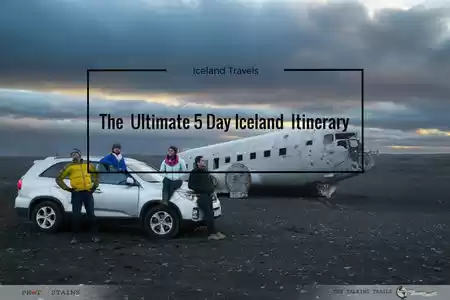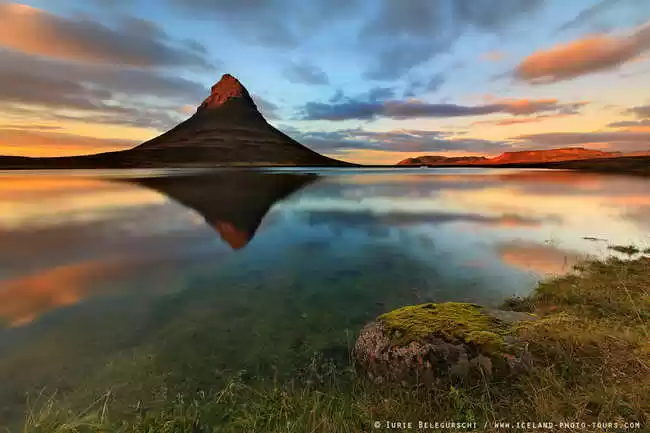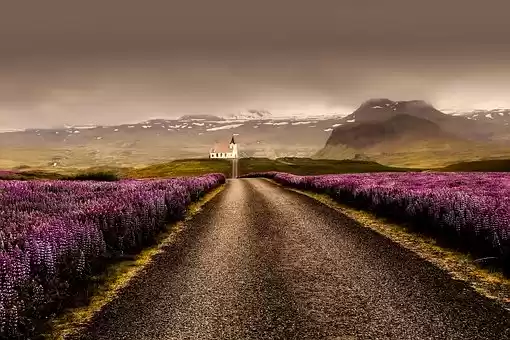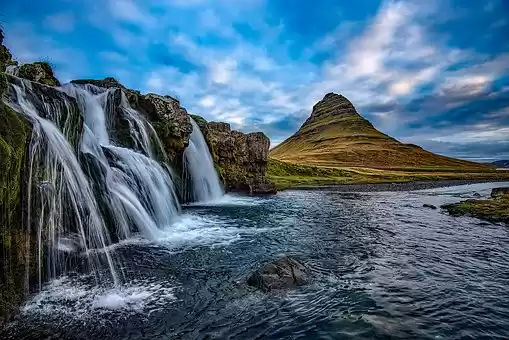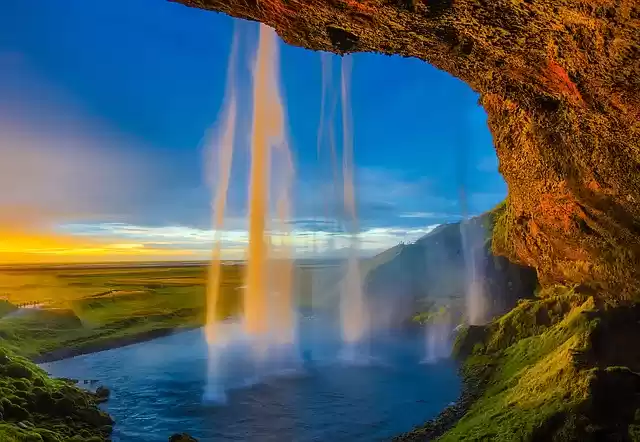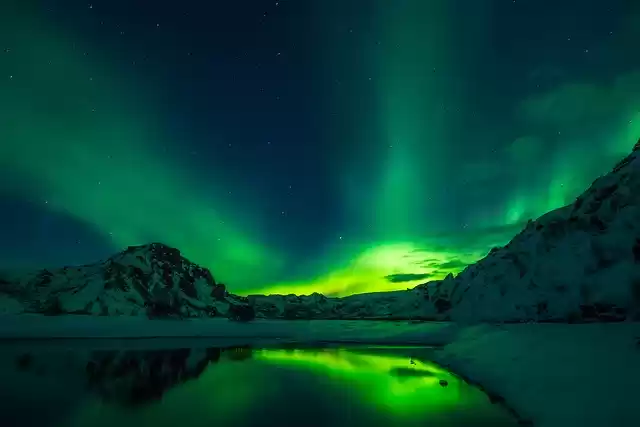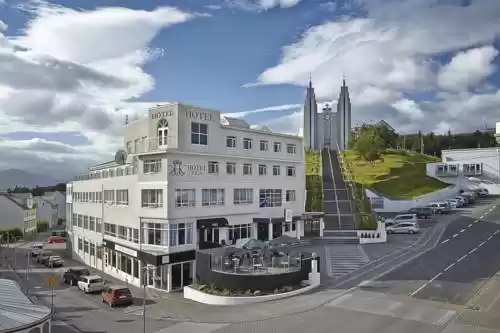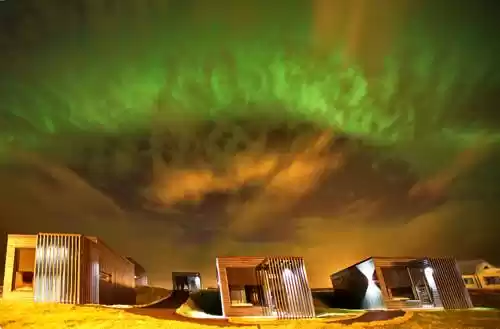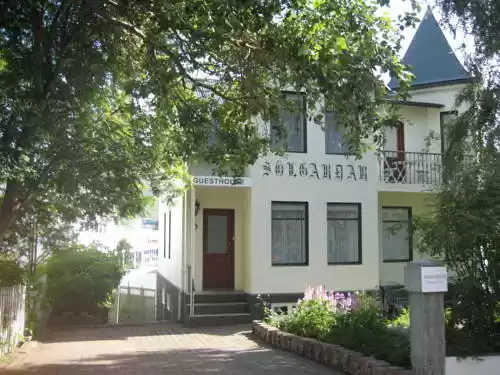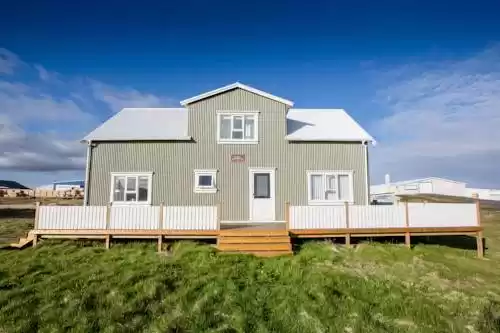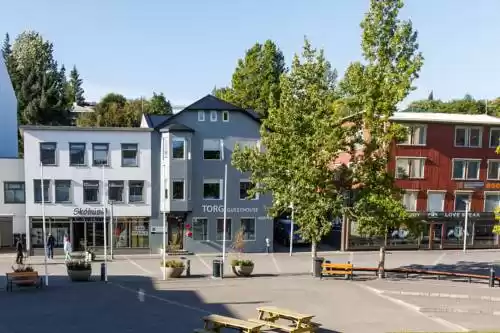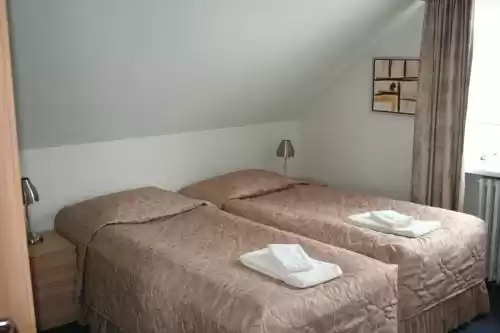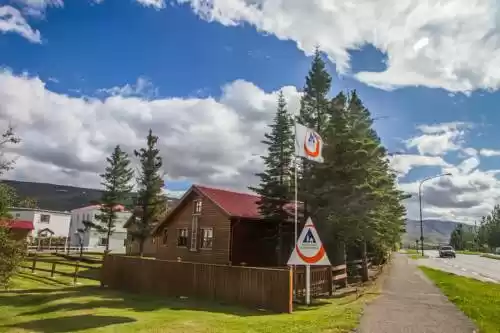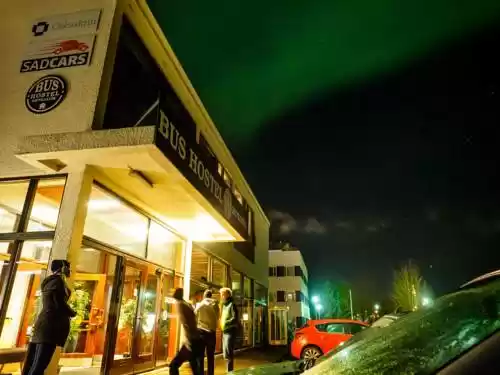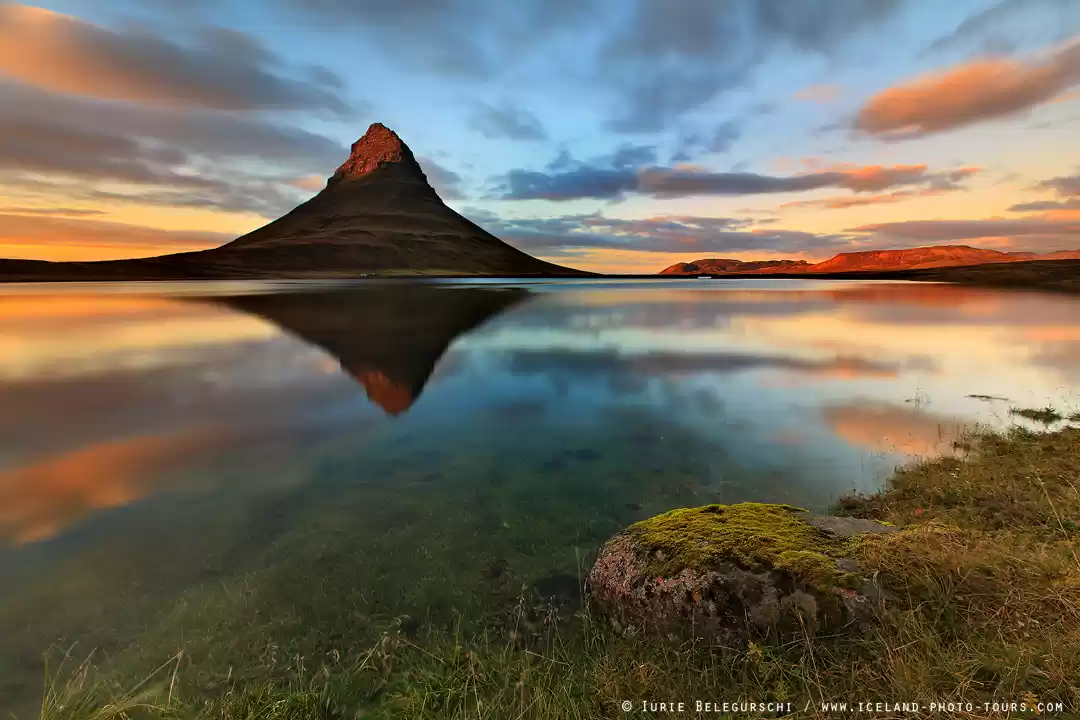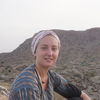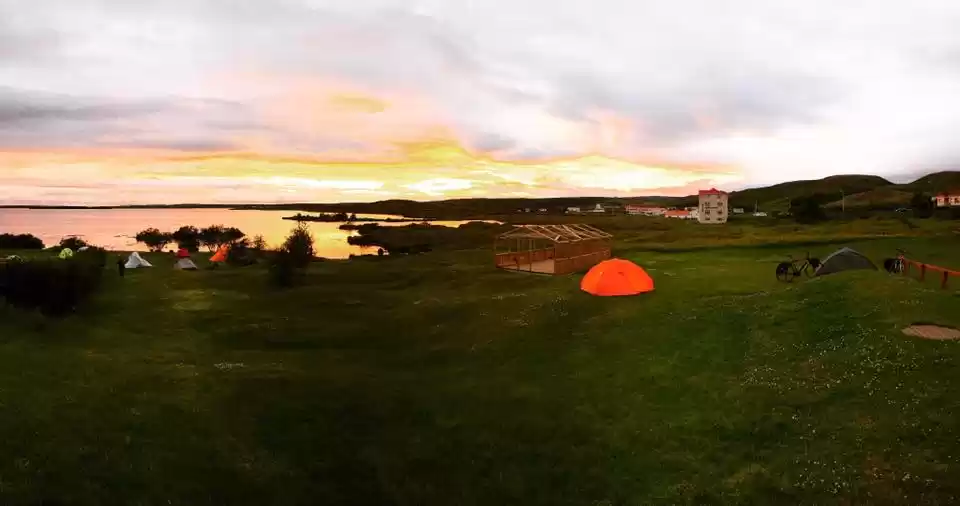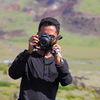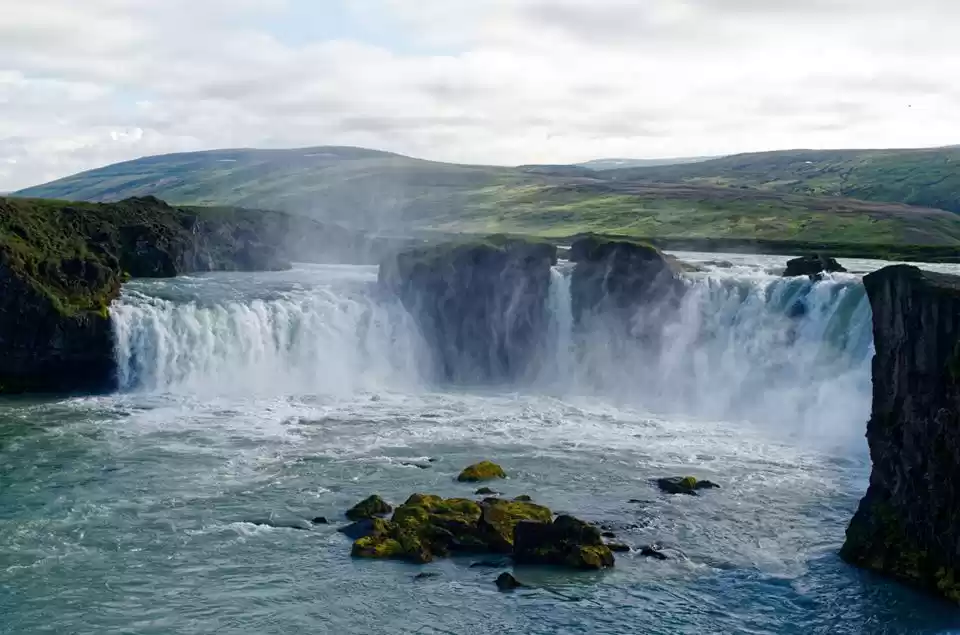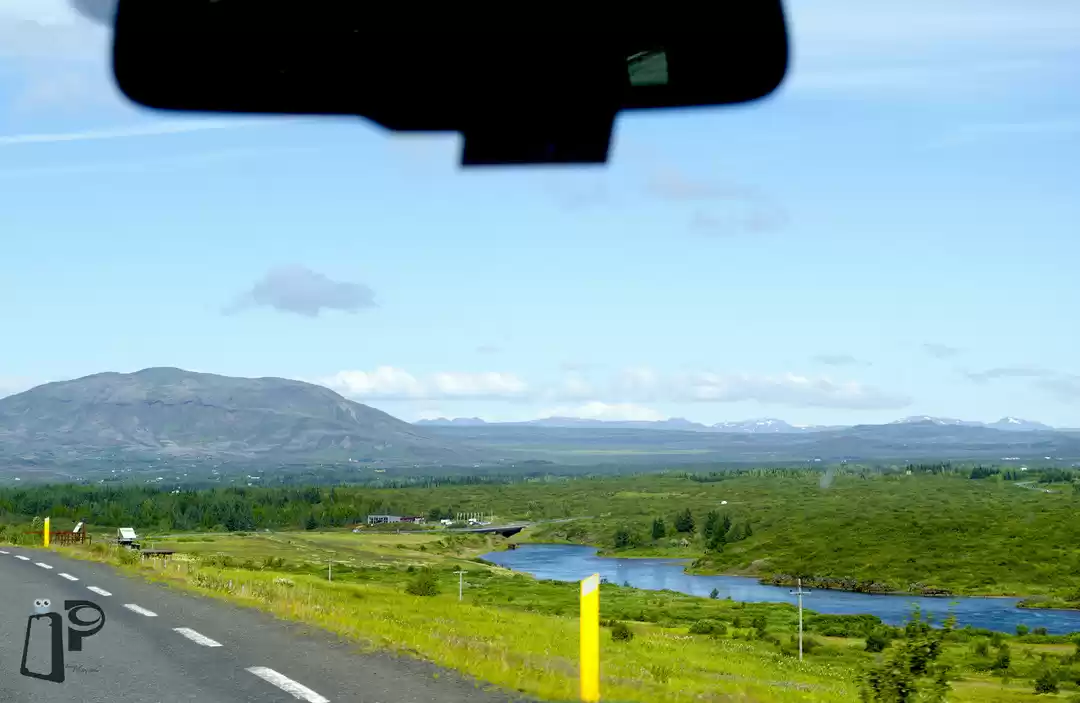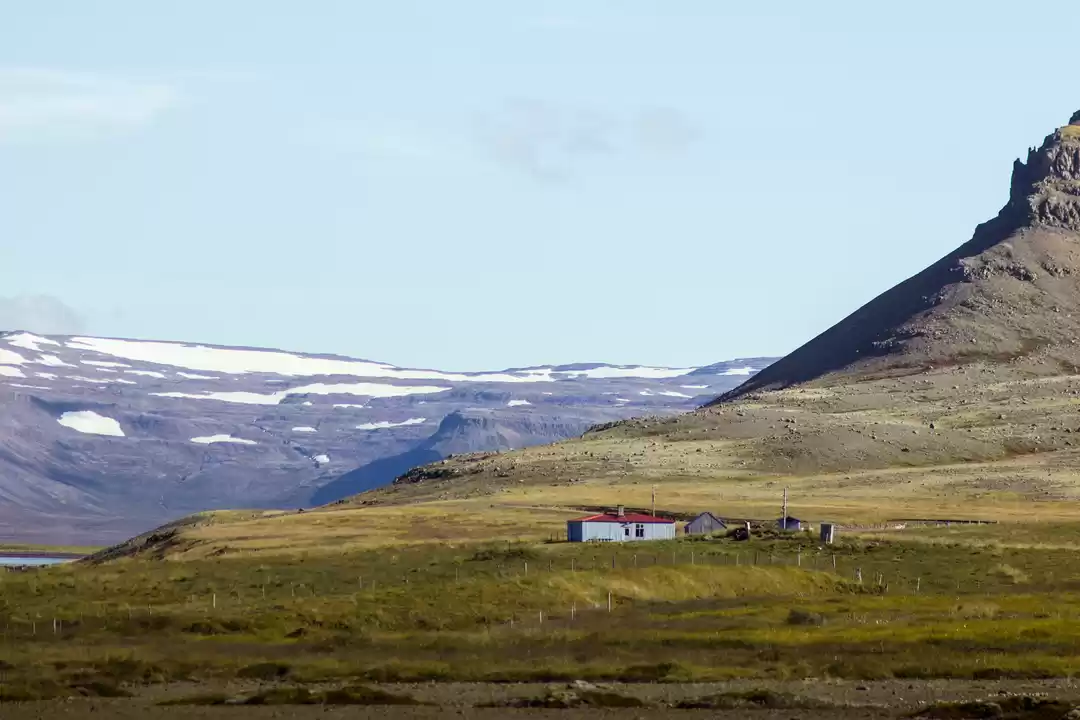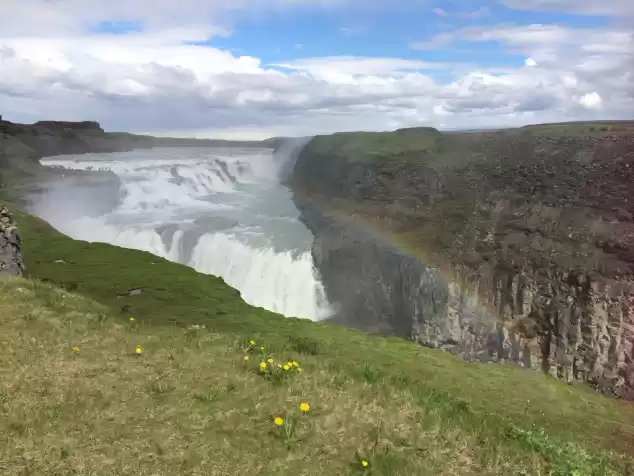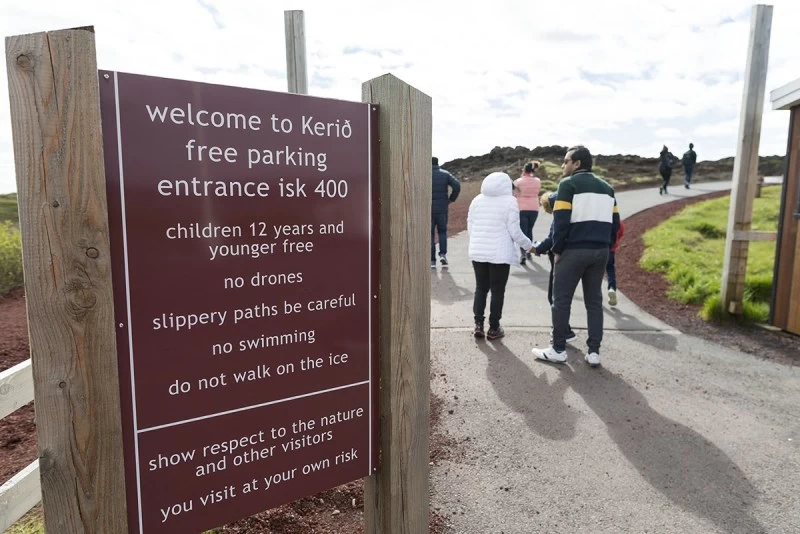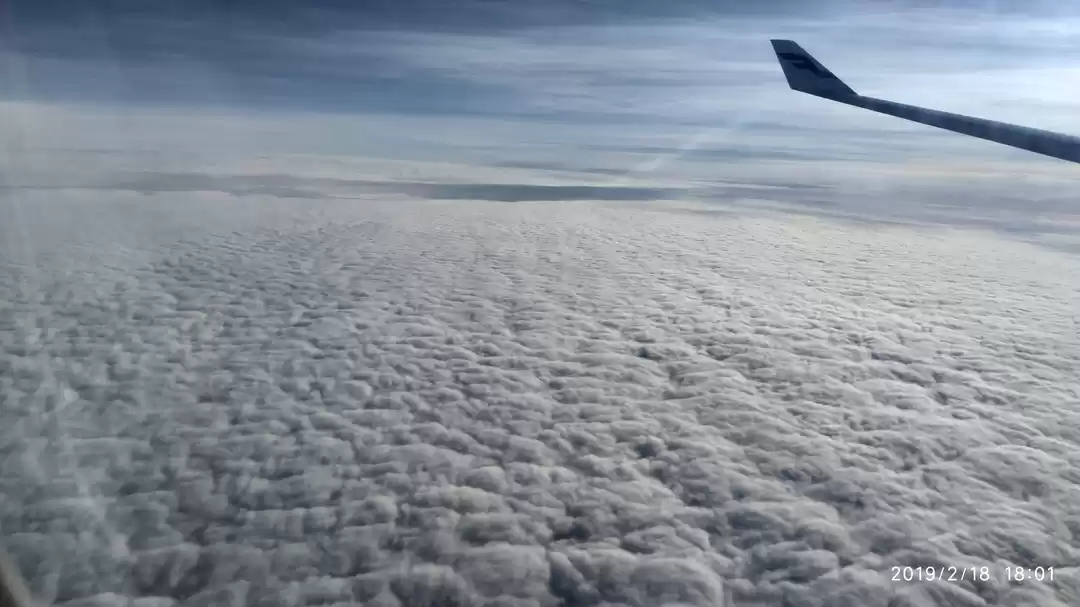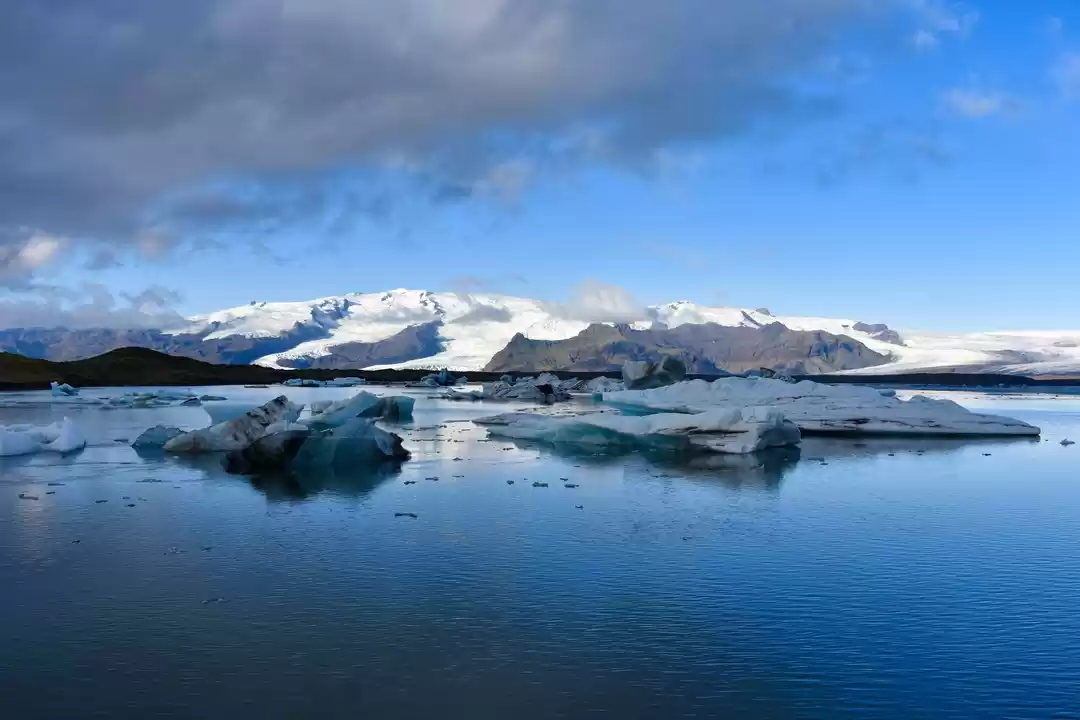Iceland Tourism and Travel Guide
Iceland Highlights
Itineraries For Iceland
Best Luxury Hotels In Iceland
Best Mid-Range Hotels In Iceland
Best Budget Hotels In Iceland
Best Hostels In Iceland
Travel Videos For Iceland
Best Time to Visit Iceland
Peak season: June to August is the peak season to travel to Iceland, and hence, it's advisable that the bookings are done in advance. A lot of outdoor activities take place during this season, including the festivals.
Shoulder season: May to September is the time when there is occasional snowfall. Prices are low compared to the peak season. Fewer visitors travel during this period of the year.
Off-season: If you are interested in Northern Lights, October to April is the ideal time to visit Iceland. Skiing and other outdoor activities take place during these months. The winters are very harsh in this part of the world as the temperature can drop down to -25 degrees celcius.
Budget for Iceland
- Accommodation in hostels and lodges: INR 1200-1800
- Food in local cafes and street eateries: INR 200-500
- Public Transport INR 100-150
- Sightseeing: INR 200-300
For Mid-range Travellers: INR 4000 to INR 8000 a day
- Accommodation in mid-range hotels and homestays: INR 2000-3500
- Food in mid-range cafes and restaurants: INR 700-1000
- Local transport local taxis: INR 100-600
- Sightseeing & Tours: INR 100-1000
For Luxury Travellers: INR 8000 and upwards
- Accommodation in 4* or 5* hotels: INR 4000 and upwards
- Food in upscale restaurants and bars: INR 1000 and upwards
- Local transport in cabs: INR 400 and upwards
- Sightseeing and Activities: INR 1000 and upwards
Visa Information for Iceland
Iceland comes under the Schengen visa agreement which is part of 26 members of the European countries. The Schengen visa allows you to also enter other EU countries also. Nationals of Schengen countries do not require a visa for a stay of three months. Iceland visa requirements and visa application process can be completed online with minimum efforts. Nationals of Australia, Canada, Japan, New Zealand and the USA do not require a visa for a stay of three months. Nationals of India have to apply for a Schengen visa to enter Iceland. Please click on the link for further details on the Iceland visa.

